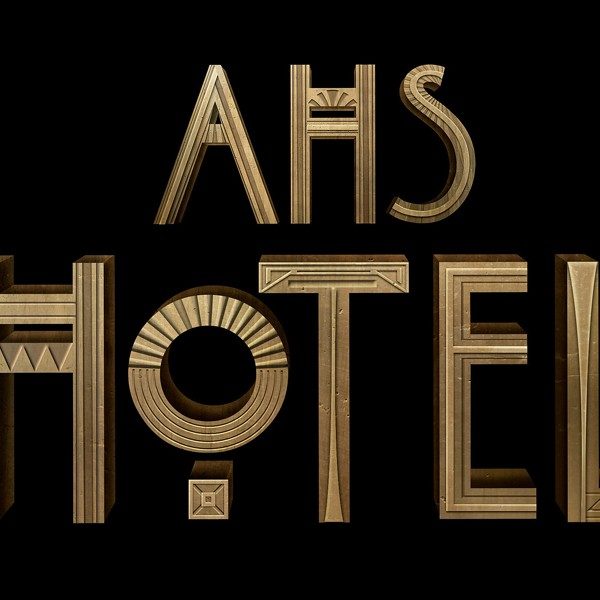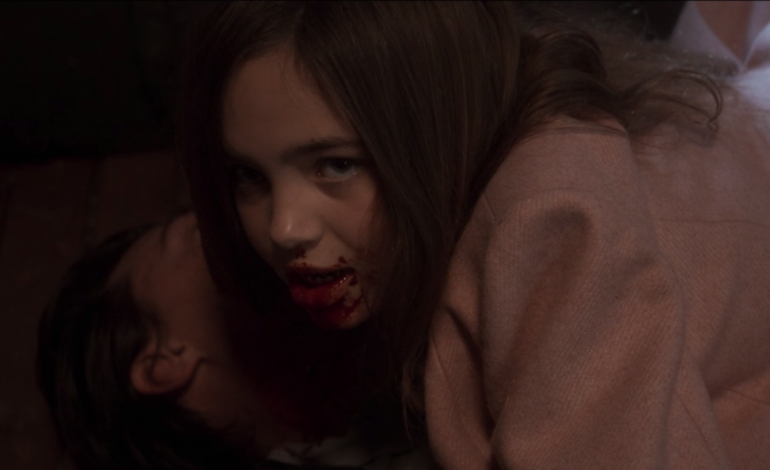

With how heavy-handed this show seems to be in everything it does, it’s safe to say that the initial drug abuse parallel it had tried to create never truly got off the ground, which is disappointing, but not unexpected when it comes to American Horror Story or Ryan Murphy’s other projects.
While the choice to shorten the narrative was a brilliant one that has proven itself to be beneficial for this storyline specifically—forcing this into the double digits would ruin whatever it had going for it—there are also downsides in that everything was very surface level since there wasn’t much time to craft deeper narratives or subplots, and while the characters were unique and established, they were very much caricatures and, while that may be the point, the dialogue and tone could never reach the point where it felt like intentional satire, instead seeming more like bad writing because it’s clear the tone is meant to be serious but the absurdity of the execution makes it laughable; and not in the fun way.
The writing of this season, possibly this show, has never been its strong suit (which is funny, considering that the main protagonist and antagonists were all supposedly brilliant and revolutionary writers)—every Hollywood name drop made Harry’s career jump made everything seem cheap and campy, which was clearly unintentional—but this episode in particular showcased it right out the gate and, as the finale of part one, doesn’t bode well. It was just a grim reminder that the unlikable characters aren’t like that for any understandable or potentially justifiable reason; instead, they were awful for the sake of having awful characters without needing to give them all the backstory that was required for the main antagonists as seen in “Blood Buffet,” and with how over-the-top they were.
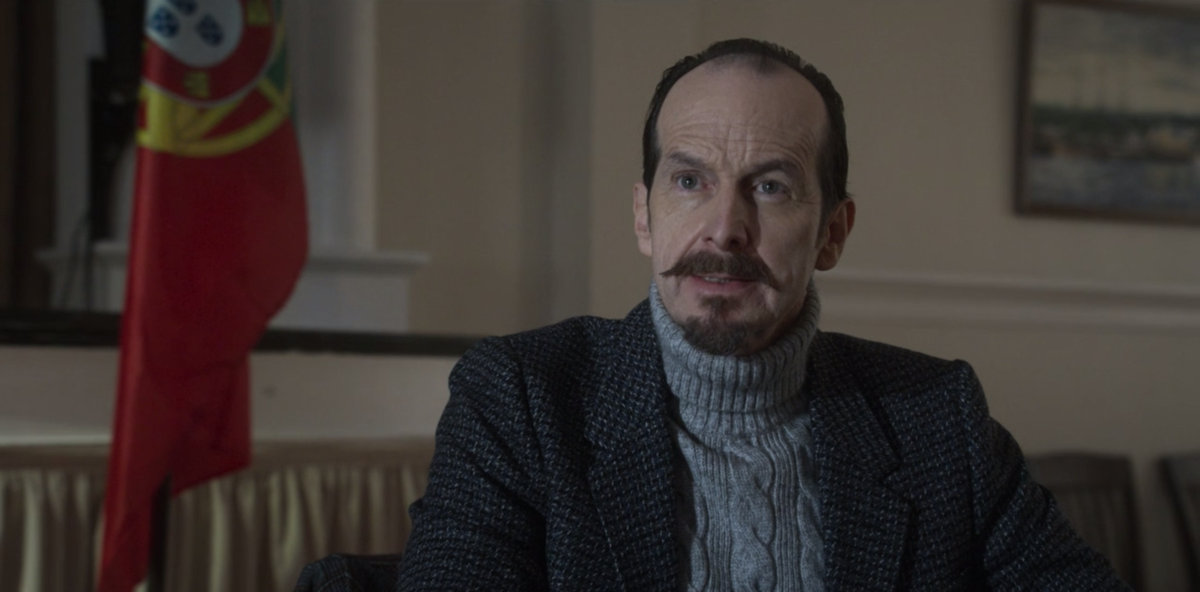

Having Ursula (Leslie Grossman, Love, Victor) be awful because she’s too ambitious was surface level, but somewhat believable—and that is the loosest, most charitable version of the term because she doesn’t have the level of clout to make her personality anything more than a career-ruiner in her industry—but to discover that Holden Vaughn (Denis O’Hare, The Nevers) wasn’t actually a vampire like everyone else decimated whatever potential explanation for his personality the show had; all the other vampires were awful because they took the pill and had its positive career effects and negative personality effects, while this human man just feels comfortable being horrid right out the gate; sure, people like that exist, but there were far too many of them and it was so heavy handed without any justification that, by this point, it felt boring and lazy.
But even past the bad writing of the characters which led to bad dialogue, the one-liners and statements were just bad all around. State Trooper Jan Remy’s (Dot-Marie Jones, Glee) final statement to the city council about how she thinks they’re hiding something was so clunky that it took all the potential out of her exiting line that it couldn’t earn much more than a half-hearted sound of vague understanding. Alma’s one-liner was the one that truly made no sense; she says, “do you mind? I don’t like people watching me while I eat,” which makes no sense in the context of the scene because neither woman was so much as acknowledging her. If they tried to talk to her or were actively watching her, it would have made more sense, but it came out of nowhere, so whatever spooky ‘evil child’ angle they were going for died outright.
Also, the heavy handed smack talk of Hollywood and the film and television industry didn’t hit the mark in an attempt to make commentary on pretentious artist types or whatever other attempt they wanted to achieve in having their characters mock the people that created them, all it earned was an eye roll because Ursula had done enough name-dropping for a lifetime and it’s not that funny to play into the stereotypes of Hollywood if you’re not even going to do something meaningful or interesting with them; calling Tarantino a murderous vampire who needed a pill to channel his inner genius isn’t clever, it just means the writers looked up whatever director was popular at the time of writing and shoved their name in and hoped they wouldn’t be in any legal trouble if they made the line vague enough that it could be argued they weren’t defaming him.
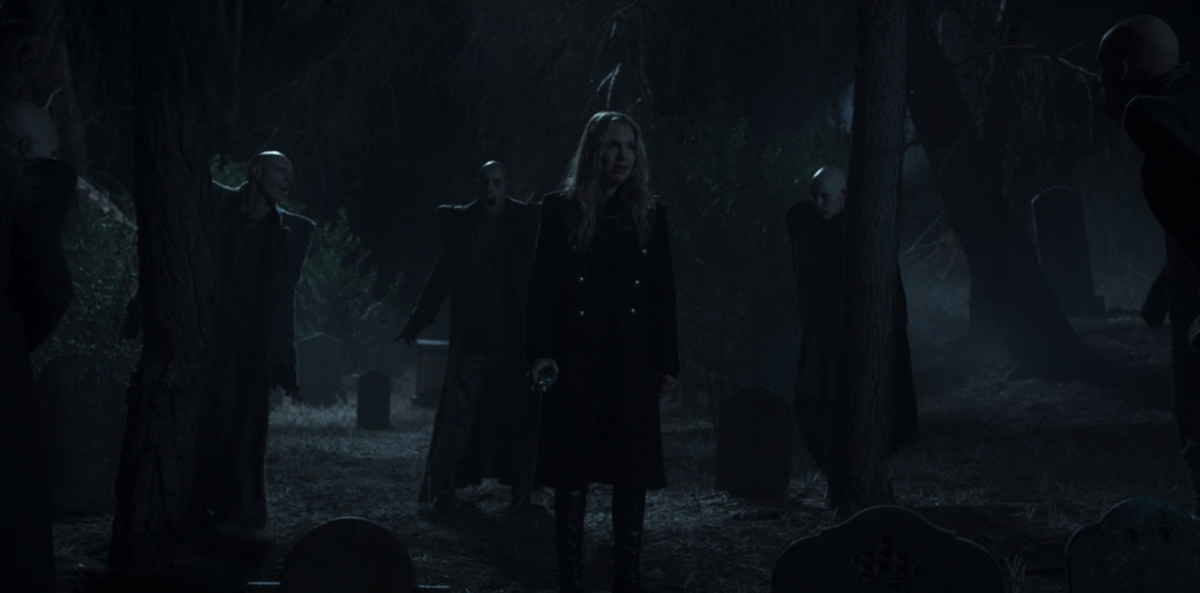

The fight scene between the Pale People, Belle (Frances Conroy, Joker) and Austin (Evan Peters, The Mare of Easttown) was probably meant to be humorous, what with the tone of the classical music with the dramatic slow motion montage of fighting that resulted in their inevitable demise, but it was in contrast with the rest of the season’s established tone, as well as the previously established ‘violin music over character montage’ motif that it can’t be attributed to either and thus feels lost and out of place.
The fact that Ursula wasn’t murdered by the Pale People was enough to earn this episode a 0/10—also, the fact that they didn’t take the opportunity to even just show Doris (Lily Rabe, The First Lady) again was a painful oversight—but it was won over by the fact that Harry (Finn Wittrock, Ratched) died. Not because he deserved it more—rather, he was the only person left with some semblance of a soul—but, as the show wants to lean into its darker themes, it make sense that he would be killed by Alma (Ryan Kiera Armstrong, Anne with an E) and Ursula’s ambition. It would’ve ruined everything to have both Harry and Ursula survive, as it wouldn’t make sense, and while it would have been a satisfying conclusion to see Harry survive but then struggle to try and tame Alma on his own, having the “killing dream team” prevail made for a much more interesting third act.
The Chemist (Angelica Ross, Pose) using her pills to take out corrupt LAPD officers was a bittersweet moment as it would typically be an aspect that would have elicited cheers—especially since it was already conflicting enough to root for law enforcement to catch the major players—but because of how so much else was handled—see: the potentially harmful rhetoric in “Blood Buffet”—the satisfaction wasn’t there as they failed in making The Chemist a truly neutral, morally gray character; she did have a quick explanation for why she went along with Ursula’s plan as she no longer has any need to prove herself as a scientist and has enough money to retire comfortably, but she didn’t give enough pushback to make her seem redeemable enough, and while she was clearly ready to kill whomever she had to in order to stay successful, it would’ve been nice to see her separate herself more, or do more than just make a half-hearted comment about how Ursula shouldn’t be pushing pills in Starbucks to show that she’s playing her own game rather than being part of Ursula and Alma’s.
That being said, it was nice to see her drive off with Eli at the end of the episode, as that falls more in line with what they had established her to be when she was first introduced, but character consistency never seemed to be this show’s strong suit.
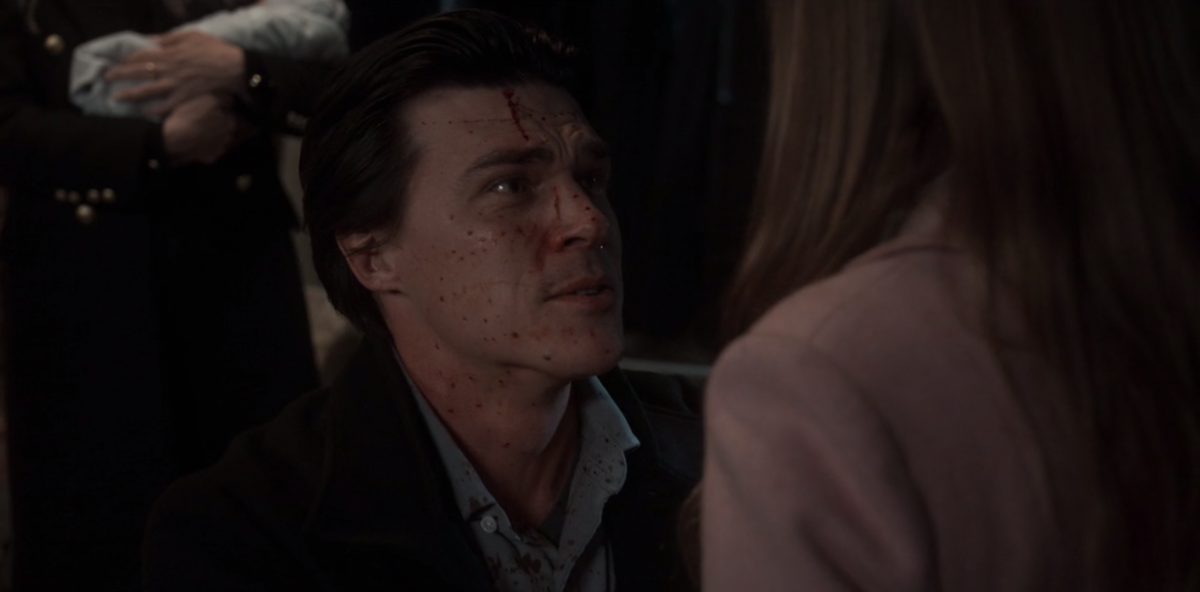

It wasn’t surprising that Alma killed Rory (Benjamin Papac, Greenhouse Academy) after he made his speech about why she wouldn’t make first chair—one that made sense and was actually really fun to see since he was one of the more rude characters who was actually likable because he was able to establish more about his mindset than any of the others have in the multiple episodes they’ve been around—but it would’ve been more satisfying if she killed him after they heard the results. Obviously, this was meant to showcase how Alma’s age-appropriate impulses control her and her actions, and how dangerous and scary that is, but that was already established when she killed Chief Burleson (Adina Porter, The 100), it would have been more interesting if Rory made his speech and got first chair before Alma killed him, because then it would have made for more interesting commentary on talent vs. the industry system, as well as jazzed things up in terms of kills.
But, no. Because too much credit has been given to this show and the commentary it makes (if it even truly means to make commentary at all).
Ursula’s final presentation with yet another person who would never actually survive in the industry with the kind of attitude they have—talent means nothing if you’re not likable, that would’ve been an easy enough comment to make in this final episode where they return to the real world and outside of the bubble of self-importance they’ve built for themselves—did a good job of establishing the tension due to the audience’s knowledge of what she was trying to do, but while it was interesting to see everything end on such a low note, it didn’t feel satisfying or in any way enjoyable. If the horrible people established as protagonists were in any way two-dimensional, the end would’ve had more meaning, but because they were nothing more than the shells of potential and the source of frustration and strange narrative choices, nothing mattered in the end. There was no substance to the chaos, no feeling of vindication or injustice; there was only the feeling of wasted potential and the wish for more to have happened to our remaining protagonists as a result of their actions; to have Ursula and Alma fail despite the pill would have made for a much better end than the rest of the world falling into chaos while they get off relatively safe, because at least then the results would impact the characters the past six episodes have spent establishing, albeit unsuccessfully.
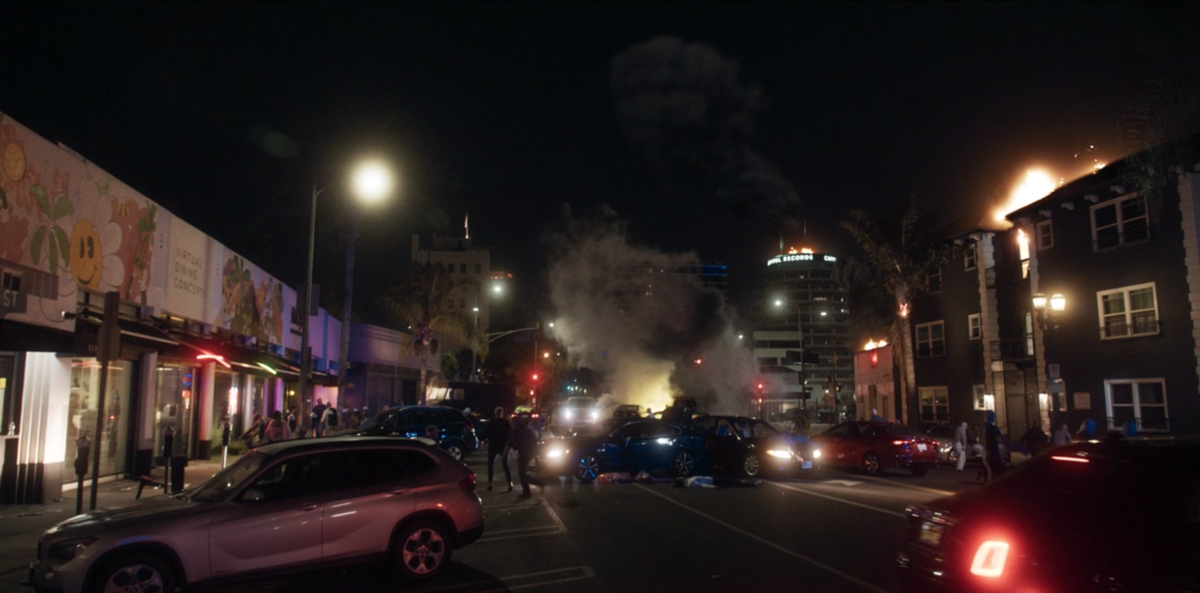

By the end of the episode, all that remained was the list of missed opportunities and forgotten subplots and characters that could have been tied up neatly with just a throwaway line. No mention of Karen (Sarah Paulson, Ratched), Mickey (Macaulay Culkin, Home Alone), or what was presumed to have happened to them. The halfhearted plan to blame all the murders on Harry was so absurd that it honestly deserved its own episode to see how they managed to get away with it, and it would have been nice to even see just a scene between State Trooper Jan Remy and the remaining trio would have been more interesting than everything this episode had to offer.
While the second half of double features have historically been far less quality in comparison to the first—hence the term “B-movie”—perhaps the four-part Death Valley will subvert expectations and surpass its six-episode predecessor.
In the end, this finale was much like the rest of the season and, as per Ursula, Harry Gardner himself: “wasted talent.”
Rating: 6.5/10

